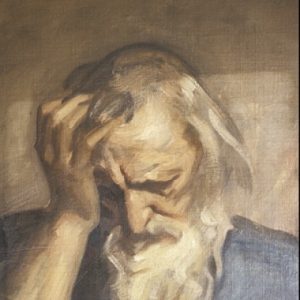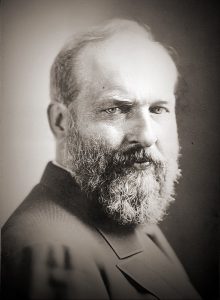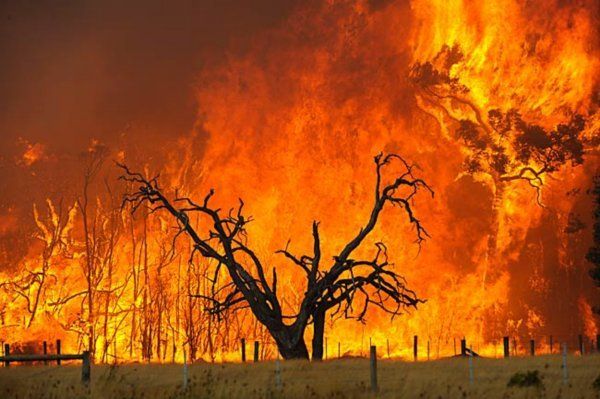Of late I have been memorizing and praying back to God the great prayer of Habakkuk 3:17-19. But during much of that time I’ve also had in my Bible a 3×5 card upon which I wrote, some time ago, the text of Genesis 32:26b. Recently, as I was praying back the former to God, I happened upon the card in my Bible. In an instant, seeing them side by side, I realized the contrast between the faith of Jacob and that of Habakkuk.
“I will not let you go unless you bless me.” (Genesis 32:26b). These are, of course, Jacob’s words while wrestling with “the angel” through the night. He says, “I’m not letting go of you, Lord, until you bless me.”
“Though the fig tree should not blossom, nor fruit be on the vines, the produce of the olive fail and the fields yield no food, the flock be cut off from the fold and there be no herd in the stalls, yet I will rejoice in the LORD; I will take joy in the God of my salvation. GOD, the Lord, is my strength; he makes my feet like the deer’s; he makes me tread on my high places. To the choirmaster: with stringed instruments” (Habakkuk 3:17-19). This is the prophet’s prayer of faith as he surrendered to God’s sovereignty over the nations and over his own life. This is Habakkuk saying, “I will not let you go even if you don’t bless me.”
See them side by side:
- I will not let you go unless you bless me.
- I will not let you go even if you don’t bless me.
So which one is it?
Or, is it both?
Yes, both.
For the blessing for which Jacob holds out is God’s own presence with him. And that of which Habakkuk will not let go, no matter his earthly state of blessedness, is the presence of God with him.
Bless me or bless me not; you, O Lord, are the one essential. You are the one thing I cannot live without. Amen.





